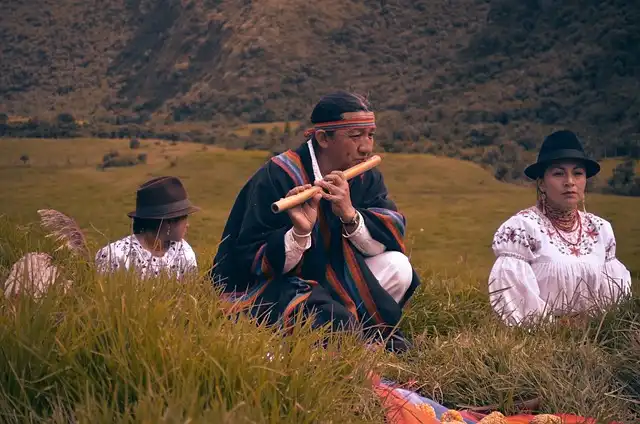
Indigenous Media Zone: Voices at the UN
The Indigenous Media Zone (IMZ) at the UNPFII, April 21-25, 2025, empowers Indigenous media to report on Indigenous issues from their perspectives, amplifying their voices and promoting Indigenous languages.

The Indigenous Media Zone (IMZ) at the UNPFII, April 21-25, 2025, empowers Indigenous media to report on Indigenous issues from their perspectives, amplifying their voices and promoting Indigenous languages.
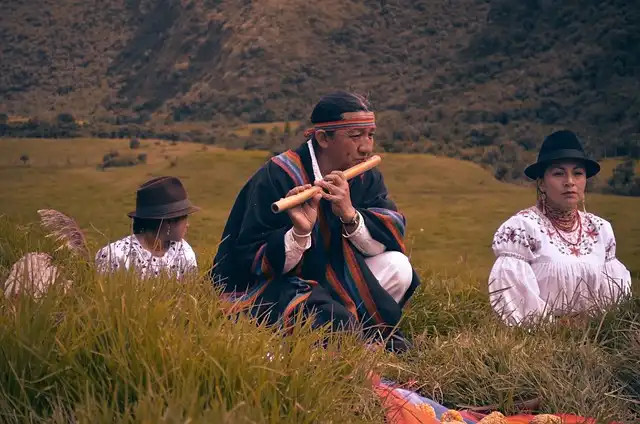
Establishing a commission to reexamine treaties signed with Tribal Nations and find ways they can be honored and implemented in today’s circumstances by operationalizing the UN Declaration on the Rights of Indigenous Peoples, including upholding Free, Prior and Informed Consent (FPIC) in all department consultation practices.
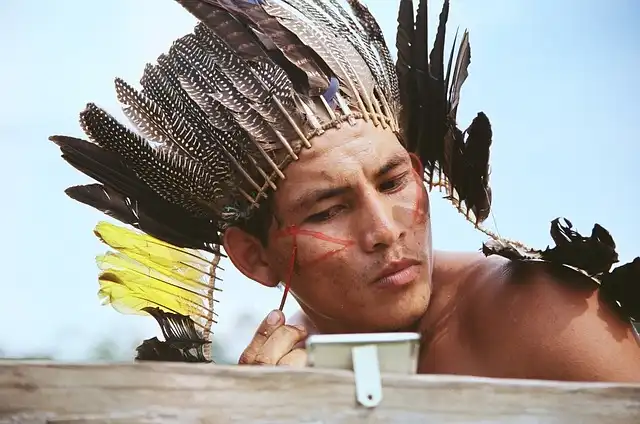
With a powerful symbolic protest, the Articulation of Indigenous Peoples of Brazil (APIB) held a peaceful demonstration in Rio de Janeiro on November 16, 2024, to condemn the inaction of the world’s wealthiest and most polluting nations in tackling the global climate crisis.
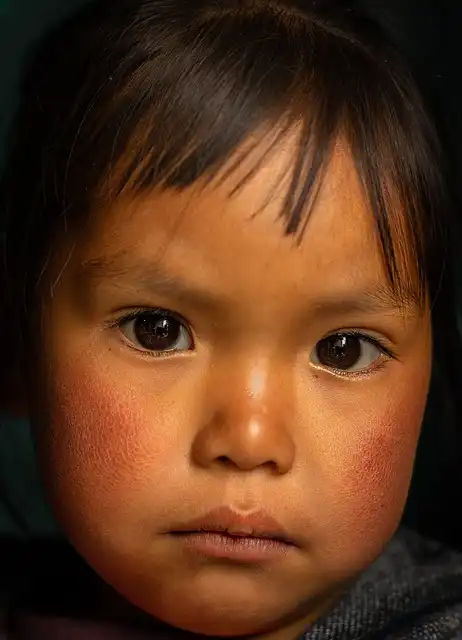
Such commitments must be memorialized in robust policies, implemented in a way that truly monitors and protects the rights of Environmental Defenders affected by bank-financed activities, in line with Target 22 of the GBF, which aims to ensure access to justice, among other things, related to biodiversity by Indigenous Peoples and local communities.
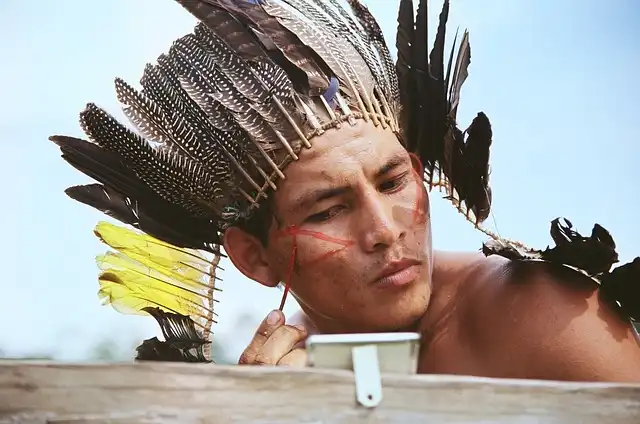
When the right to FPIC is respected and operationalized to minimum standards articulated in the UNDRIP, Indigenous Peoples’ have full participation in projects that impact them and decision-making authority to protect their lands, cultures, and ecosystems.
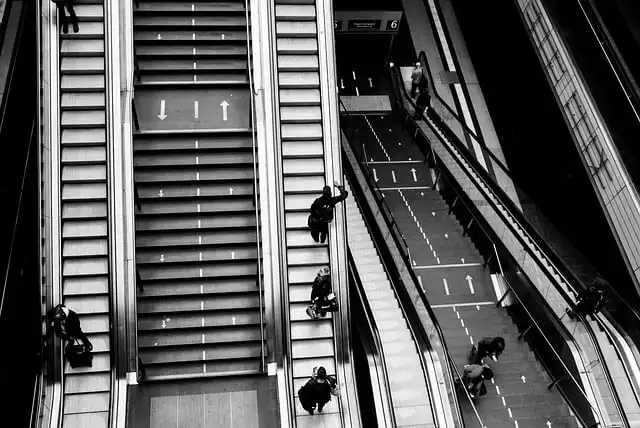
Médecins Sans Frontières (MSF), for instance, released a video apologising for using photos depicting white people in aid settings and which aren’t representative of the majority local staff they employ.
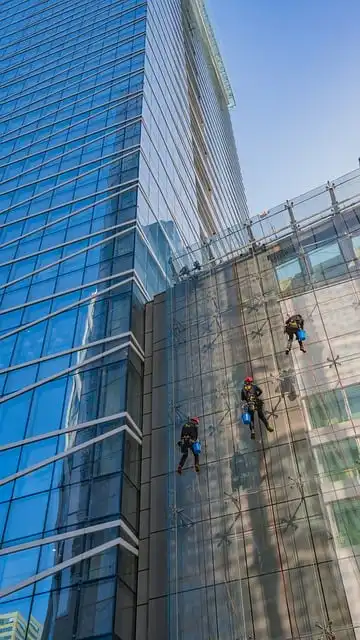
“I didn’t know my grand-parents and I always felt a lack of them in my life, so seeing these elderly people on the street and not being able to help them touched me because I couldn’t speak our language.” Although Anrango’s parents dressed her in traditional clothing from the time she was born, as a child they only communicated with her in Spanish, something she would later come to question.
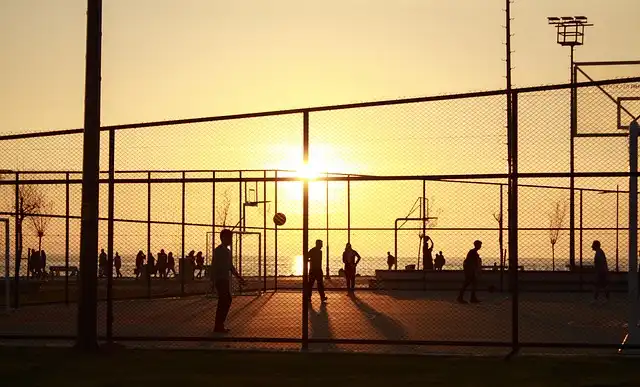
Following centuries of violence, racism, and conquest by colonial missions, rubber companies, and State governments, the court's acknowledgment of the Siekopai as the rightful owners of Pë’këya is a crucial step toward their legal battle of restoring justice, ensuring collective survival, and preserving cultural heritage.
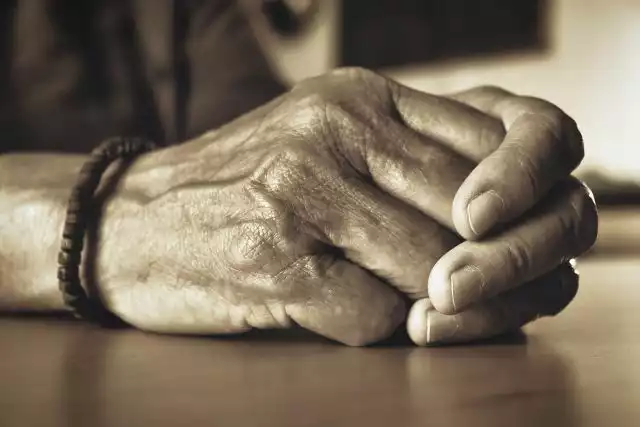
At Cultural Survival, we are working around the world and around the clock to support the priorities of Indigenous Nations and communities that are protecting Mother Earth for generations to come and for the millions of people, plant, animal, and mineral relatives that share our homelands.
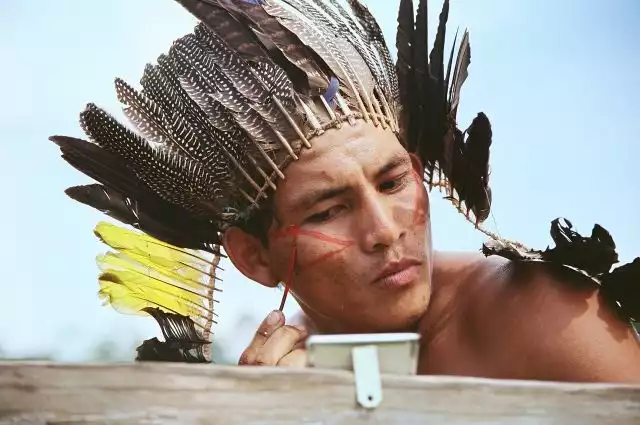
While UNEP’s Civil Society Unit offers a path for participation, the accreditation process is lengthy and bureaucratic, taking 90 days (about 3 months) and requiring extensive documentation to prove legal and non-profit status.
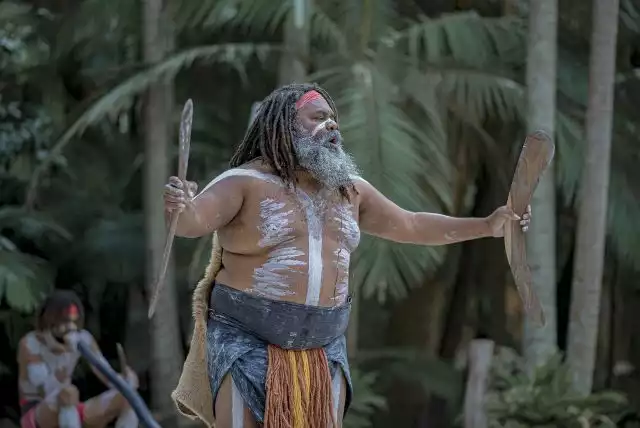
By selling it, the country earns billions of dollars to wage wars, to maintain a high level in the capital, to generously feed the power structures and keep the oligarch class and the elite loyal.
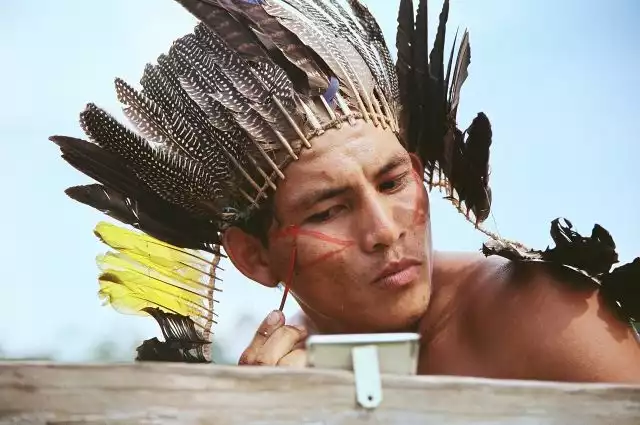
Throughout her career, Aimee has provided leadership to partnerships focused on environmental stewardship, co-creating a vision, integrating cultural values and ecological knowledge with science for meaningful decision-making, and implementing shared strategies in caring for people, wildlife, water, and ecosystems.